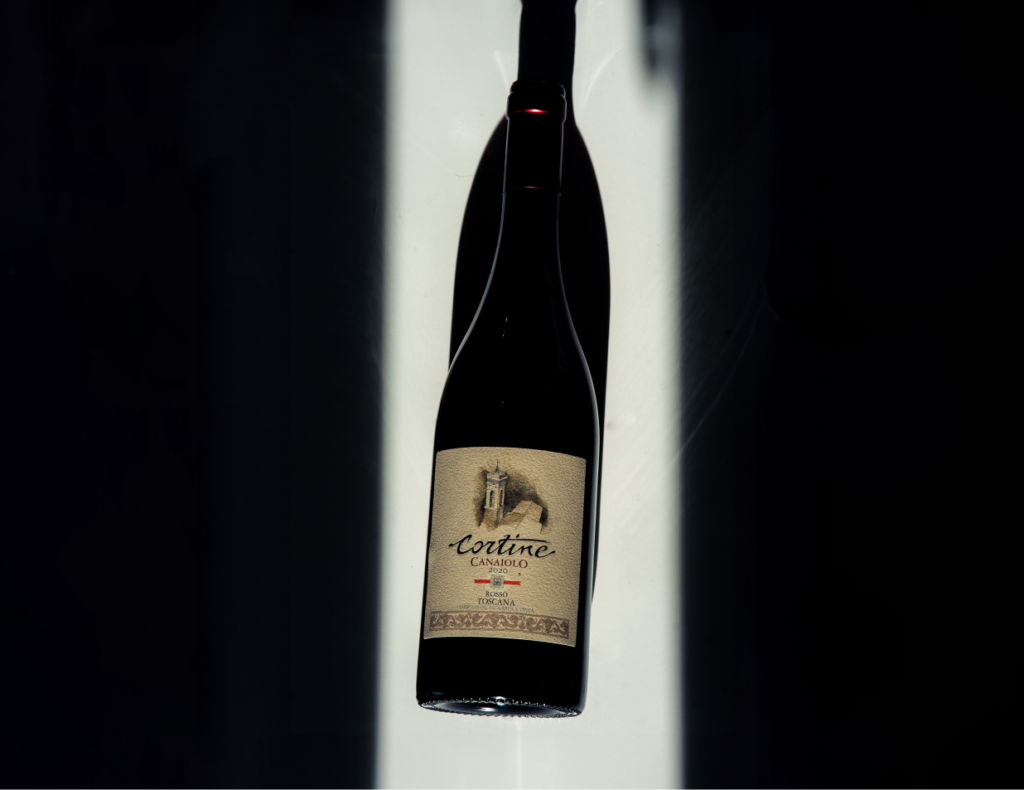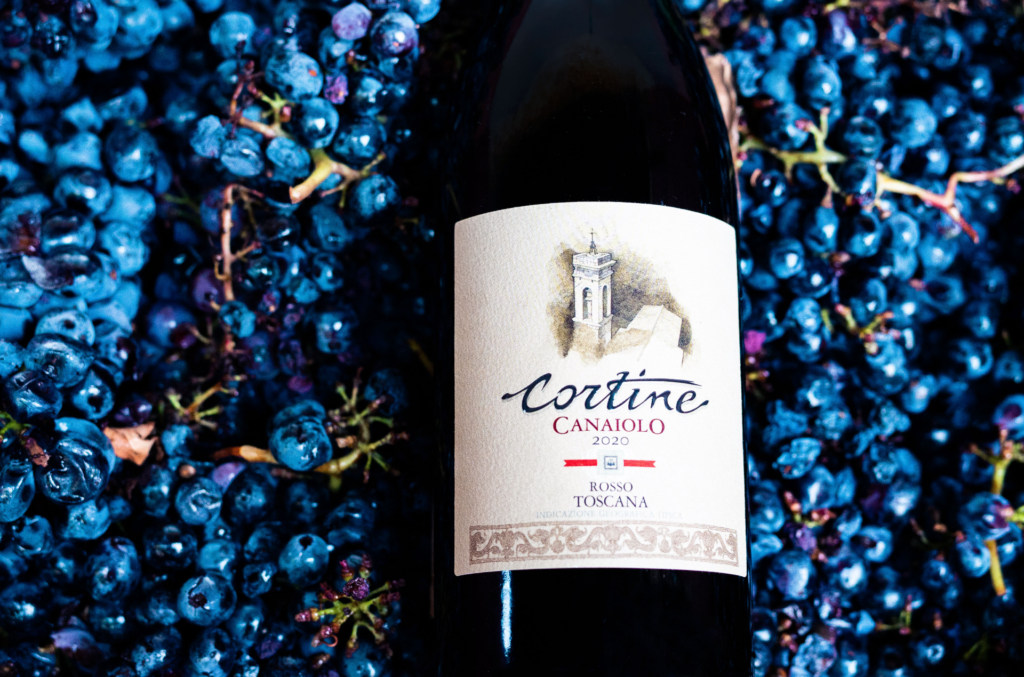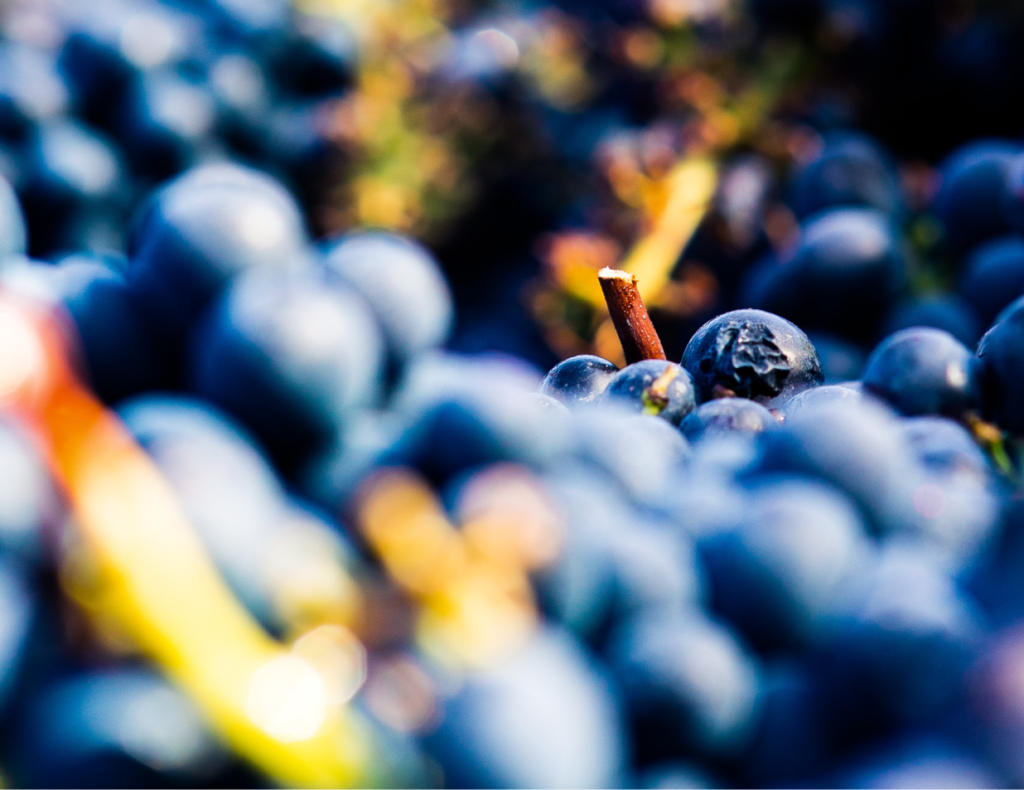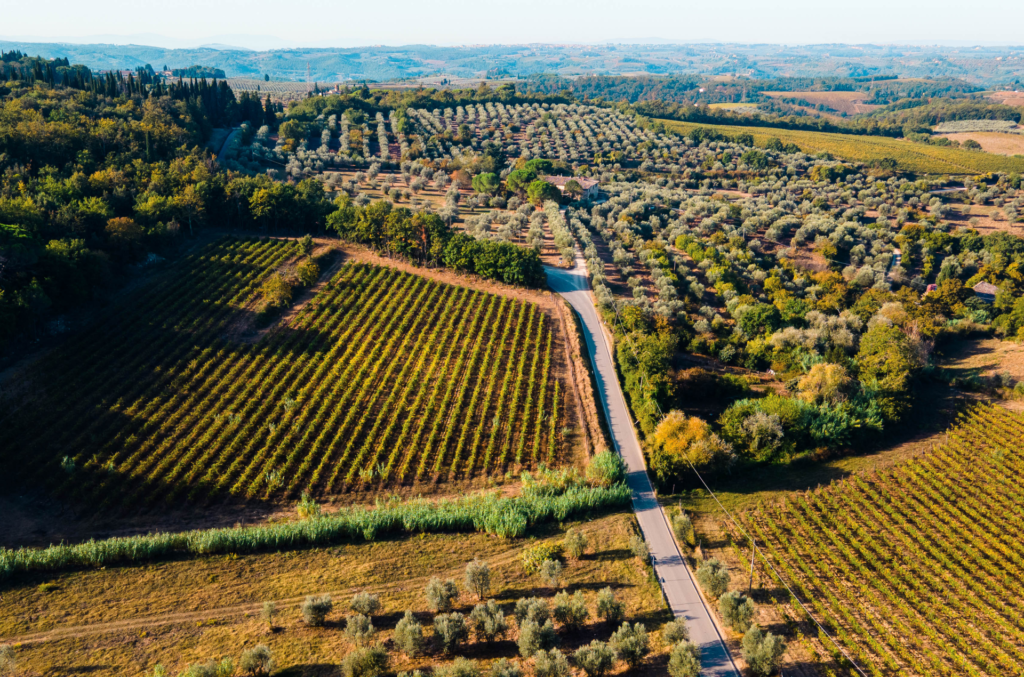Territories
22 / 12 / 23
Pugnitello: a unique wine, smelling of sacrifice and rediscovery
Like few other Chianti Classico estates, Pieve di Campoli is proud to present Pugnitello IGT, the result of the pure vinification of the native Tuscan variety that was thought to have disappeared for good.

